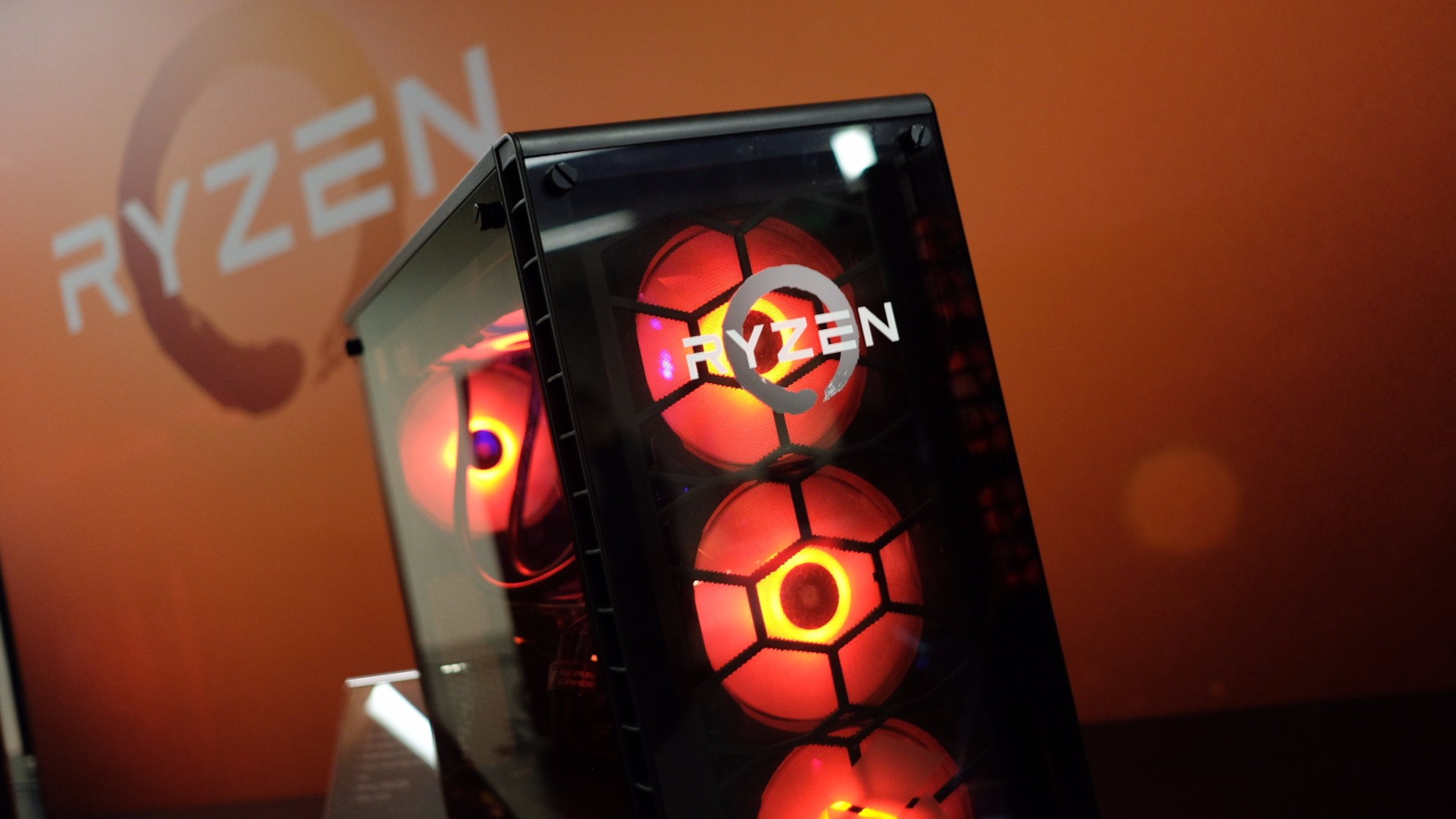New hack lets you beat Windows 10 requirement to use latest processors
Developer’s workaround is very much use-at-your-own-risk

As we saw last month, when it comes to PCs running the latest generation processors, Microsoft is forcing Windows 7/8.1 users to upgrade to Windows 10 by blocking most updates for the older versions of the OS – a policy that came into play last week – but an enterprising developer has already fought back.
In case you weren’t aware, it’s now the case that those using the latest Kaby Lake or Ryzen CPUs with Windows 7/8.1 won’t get official updates any longer – they’ll only receive ‘critical’ security patches (and that’s just for the time being, with no guarantee of how long that will continue, either).
Which for obvious reasons hasn’t gone down too well, and that’s why one developer by the name of Zeffy has come up with a workaround to disable the detection of the processor generation being used when downloading updates under Windows.
As the Register reports, Zeffy’s GitHub page explains how he has played around with a certain DLL system file to prevent the CPU detection code from operating, meaning that you’ll have unrestricted access to all updates on Kaby Lake/Ryzen machines running Windows 7/8.1.
- With that in mind, these are the best computers you can buy
Caveats aplenty
Note that the process is quite a technical one – the full details are here – and there’s no guarantee this will actually work for you, either. You’ll also have to re-patch the DLL every time it’s updated by Microsoft, as the developer notes.
All in all, it’s not something we’d recommend you try, and messing with system files in this manner is definitely an activity undertaken at your own risk.
But nonetheless, it’s an interesting development in terms of showing how unpopular this new policy happens to be – and how folks are already looking for a way around it.
Get daily insight, inspiration and deals in your inbox
Sign up for breaking news, reviews, opinion, top tech deals, and more.
While it’s true that running new hardware with an older operating system version could cause potential incompatibilities and other gremlins, people want to be given the choice to run these possible risks – and not be forced to upgrade to Microsoft’s newest OS by having software updates blocked.
- Redirect your attention to the best 2-in-1 laptops of 2017
Darren is a freelancer writing news and features for TechRadar (and occasionally T3) across a broad range of computing topics including CPUs, GPUs, various other hardware, VPNs, antivirus and more. He has written about tech for the best part of three decades, and writes books in his spare time (his debut novel - 'I Know What You Did Last Supper' - was published by Hachette UK in 2013).